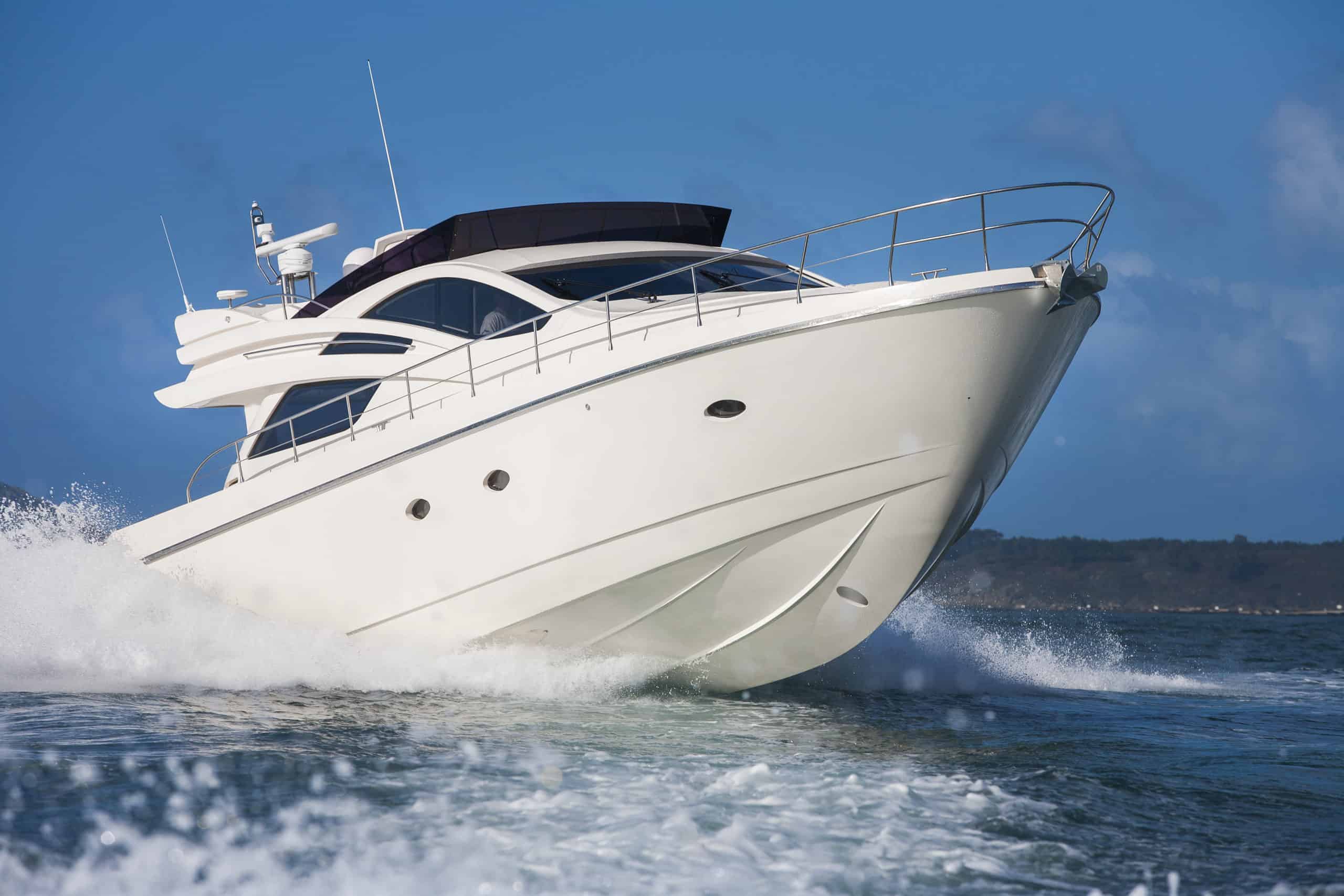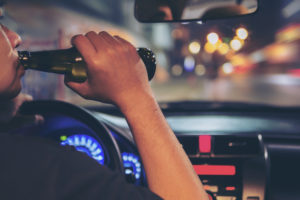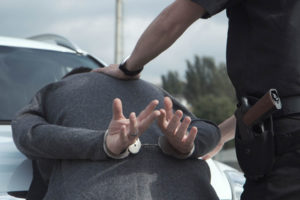
Boating while intoxicated charges carry the same penalties as drunk driving. You will face substantial monetary fines, possible jail time, and a lengthy suspension of your driver’s license. Your permanent criminal record can also make it difficult to get affordable car insurance and potentially even threaten your future career plans.
The Law Offices of Randall B. Isenberg offers a no-cost, no-obligation consultation. We will help you decide on the next step. Call today to see how a boating while intoxicated lawyer in Highland Park can help with your case: 214-696-9253.
Boating While Intoxicated (BWI) Charges Carry Serious Penalties
Upon conviction for BWI in Highland Park, you can expect to pay a high price for your crime.
The nature and severity of your penalties will depend on whether you have any past BWI or DWI convictions. You will also face elevated charges if you caused an accident, damages, injuries, or a fatality while drunk, or if you had an especially high blood alcohol concentration (BAC).
Boating While Intoxicated — First Offense
For a first offense BWI, you will face Class B misdemeanor charges, punishable as follows:
- 3 days to 6 months in jail
- Fines of up to $2,000
- Driver’s license suspension of up to 1 year
Boating While Intoxicated — Second Offense
For a second offense BWI, you will face Class A misdemeanor charges, punishable as follows:
- 30 days to 1 year in jail
- Fines of up to $4,000
- Driver’s license suspension of up to 2 years
Boating While Intoxicated — Third and Subsequent Offenses
For third and subsequent BWI charges, you will face third-degree felony charges, punishable as follows:
- 2 to 10 years in prison
- Fines of up to $10,000
- Driver’s license suspension of up to 2 years
The court can also sentence you to:
- Supervised probation (community supervision)
- Perform community service
- Attend boating alcohol safety courses
- Seek substance abuse counseling
- Install an ignition interlock device on your car
You will have to pay the costs associated with any of these penalties, along with court costs and fees.
Once your driver’s license suspension period ends, you must pay a surcharge of up to $2,000 a year to reinstate your driving privileges.
How a Boating While Intoxicated (BWI) Lawyer Can Help
Because a BWI conviction will affect your life exactly like a drunk driving conviction, consider your options carefully before giving any statements to the police or agreeing to plead guilty to the charges.
As your boating while intoxicated lawyer, attorney Randall Isenberg will protect your legal rights and help you evaluate your options. We will represent you in both your criminal BWI case and at your ALR suspended license hearing.
Our legal team will obtain all available evidence in your case and evaluate the information to determine whether the police violated your legal rights or made any mistakes that could lead to a wrongful conviction. We can use any such information to negotiate with the prosecutor to get a reduction in charges or to have your case dismissed.
In the event we must take your case to trial, we will explore possible defense strategies, which may include:
Violations of Your Legal Rights
If the police failed to read you your Miranda rights, both verbally and in writing, or if they subjected you to an illegal search, we can file a court motion to have your case dismissed.
Lack of Probable Cause
If the police did not establish probable cause to arrest you and request chemical BAC testing, we may succeed in persuading the court to throw out that evidence. For example, if the police did not conduct your field sobriety test per the National Association of State Boating Law Administrators’ (NASBLA) seated standardized field sobriety testing regulations, any subsequent evidence obtained by the police may not be admissible in your trial.
Errors in Chemical Testing for BAC
Both breathalyzer and blood testing for BAC must comply with established standards and procedures. If they did not, the results may not be accurate or admissible in court.
Our specific approach to your defense will depend on the circumstances of your case. However, you can be sure that we will do whatever we can to build a strong case on your behalf.
Understanding the Texas Boating While Intoxicated (BWI) Laws
The police can arrest you for BWI if you operate a watercraft with a BAC of 0.08 or above. In the statutes, any of the following items qualify as a watercraft:
- Motorboats
- Pontoon boats
- Jet skis
- Personal watercraft (e.g., Sea-Doos)
Because the two offenses share many similarities, clients often become confused about the differences between drunk driving (DWI) and boating while intoxicated (BWI). There are three main differences of which you should be aware:
- While DWI statutes require that you drive a vehicle on a public roadway with a BAC of 0.08 or above to violate the law, you do not need to be in a public waterway to qualify for BWI charges.
- Although the police must have reasonable suspicion that you broke the law before making a DWI traffic stop, the Texas statutes allow the police to board any watercraft at any time to inspect the boat or conduct a search.
- Although the statutes prohibit you from having an open container of alcohol in your car, passengers on your boat can legally have open containers.
Other than these three exceptions, the BWI and DWI offenses are essentially alike. Consequently, you should take BWI charges just as seriously as you would DWI — especially since a BWI conviction will count as a prior offense should you later face DWI charges.
Meet With a Boating While Intoxicated (BWI) Lawyer at No Cost
With more than 30 years of experience in the Texas criminal justice system, DWI lawyer Randall Isenberg understands how to fight for your future. Our legal team will use an extensive network of resources to obtain the information we need to build your case.
You do not have to face this serious situation alone. Call us today to schedule a no-cost, no-obligation consultation and case review: 214-696-9253.










